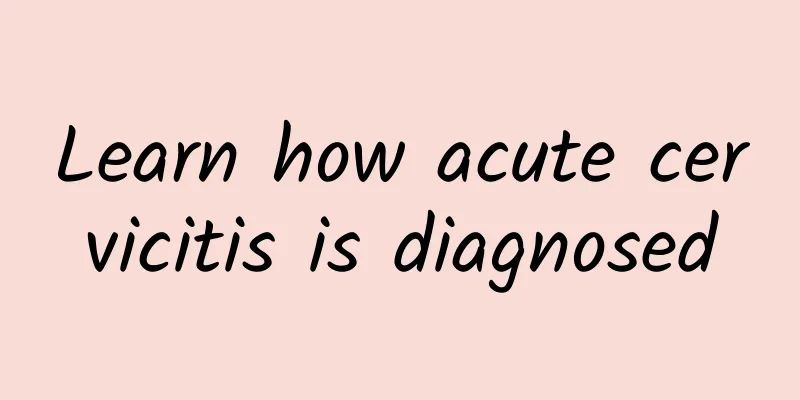The more you eat, the fatter you get? The key is that you are not used to chewing when eating.

|
Chewing food thoroughly has many benefits. In addition to helping your teeth grow beautifully, it can also prevent obesity. It’s no secret that chewing well can help develop your jaw and improve your dentition, but there’s an added bonus: it can prevent obesity. As long as you chew thoroughly, the movement of the muscles and root membrane will become a stimulus, producing neurohistamine in the brain; this neurohistamine will act on the fullness center, giving you a feeling of fullness. At the same time, it will also act on the sympathetic nerves, promote metabolism, increase calorie consumption, and have the effect of breaking down visceral fat. The habit of eating too fast not only makes it impossible to taste the flavor of food, but also causes obesity. In addition, chewing is also very effective in preventing diseases. Industrially manufactured processed foods contain many preservatives, antioxidants, food colorings and other food additives. Among the tests conducted to investigate the safety of these food additives, one is called "mutagenicity," which involves inferring carcinogenicity by the probability of sudden bacterial mutation. Chew enough so that stomach acid can play a bactericidal and digestive role In this test, the most carcinogenic substances were benzophenone, nitroquinoline (4-NQO), aflatoxin, and tryptophan P1 and P2. Substances such as benzoinphenone and tryptophan P1 and P2 are found in the charred parts of meat and fish. The carcinogenicity of both is several times higher than that of cigarette tar. However, after being processed with saliva, the carcinogenicity of these top-ranked carcinogens is reduced by one-thirtieth to one-tenth; in other words, chewing produces saliva, and saliva has a detoxifying effect. If you chew the burnt part of the fish thoroughly, you can eliminate some of its carcinogenicity. Chewing food thoroughly before eating can also prevent food poisoning. Gastric acid is a strong acid with a pH of 1 to 2, so as long as there is a small amount of bacteria, even Vibrio cholerae or Shigella dysenteriae can be killed. After chewing the food thoroughly to make it soft, it will become non-toxic in the stomach. If children do not chew their food while eating and swallow it whole, their stomach acid will be insufficient; or if they drink a lot of water while eating, the gastric juice will be diluted and the bactericidal and digestive effects will be reduced. For the above reasons, some children may develop food poisoning after eating the same food, while others may have no symptoms at all. The study also pointed out that if children do not develop the habit of chewing adequately, they may even develop mental disorders. Children who are not used to chewing are prone to lose their temper. There is an experiment conducted on mice. Although there is no guarantee that the same conclusion will be reached in humans, simply providing liquid feed to mice for a fixed period of time has been proven to cause emotional disorders. This article is from Caishi Culture's "Growing a Cavity-Free Teeth." Independent Child |
<<: Get rid of pear obesity! Nutritionist's advice: Reduce swelling in 1 day
>>: Princess Kate's postpartum anorexia nutritionist: Too thin is dangerous
Recommend
What are the dangers of menopause to women?
If you unfortunately suffer from menopausal disea...
Motherwort soup can effectively relieve dysmenorrhea
Shang Tang Leonurus has the effects of nourishing...
The following describes the symptoms of adnexitis
Adnexitis is a common gynecological disease in wo...
What are the symptoms of hyperprolactinemia?
Currently, the number of people suffering from hy...
What is the best time to have an artificial abortion?
Performing an abortion is a very cruel process, a...
How much does uterine fibroid surgery cost?
Although uterine fibroids are a disease in which ...
Say NO to sweets! 6 must-learn tips
High-end and delicious imported chocolates and ta...
Diagnosis and treatment of Bartholinitis
The greater vestibular glands, also known as Bart...
[Video version] Anxiety and depression are soaring, "happy hormones" are here to help! Nutritionist: Vitamin D and Omega-3 help regulate mood
With the continuous confirmation of local cases o...
Causes of irregular menstruation in young girls
What causes irregular menstruation in young girls...
What fruits should you eat for miscarriage? Eat more of these 4 kinds of fruits
Oranges are rich in vitamin C. For women who have...
What are the hazards of threatened abortion that cannot be ignored?
Female friends should know the dangers of threate...
Can pelvic inflammatory disease cause insomnia?
Will pelvic inflammatory disease cause insomnia? ...
Some dietary taboos for patients with dysmenorrhea
There are some foods that female friends cannot e...
How to check if a girl has cervicitis? 4 ways to check if a girl has cervicitis
In fact, in daily life, many female friends do no...









